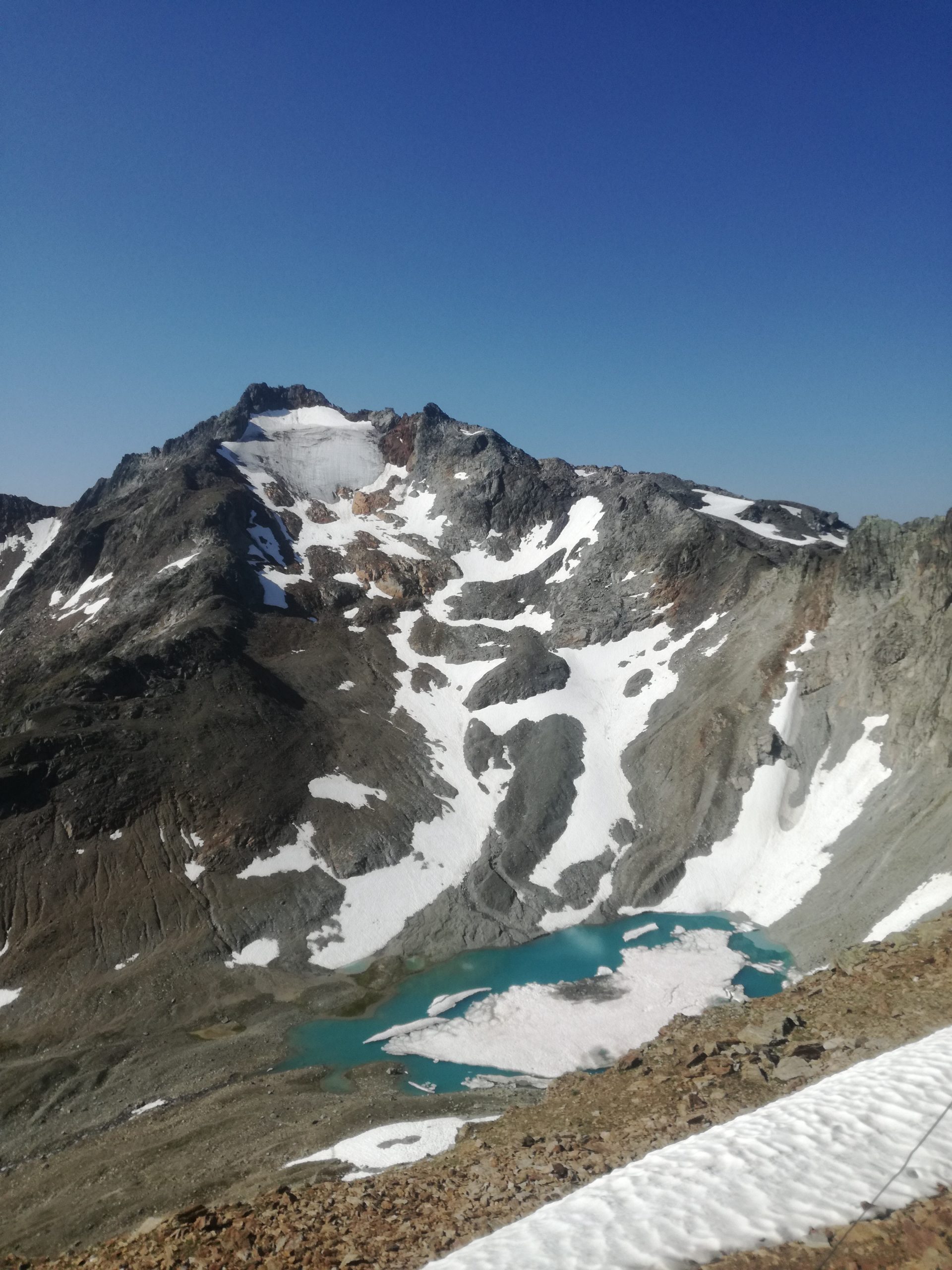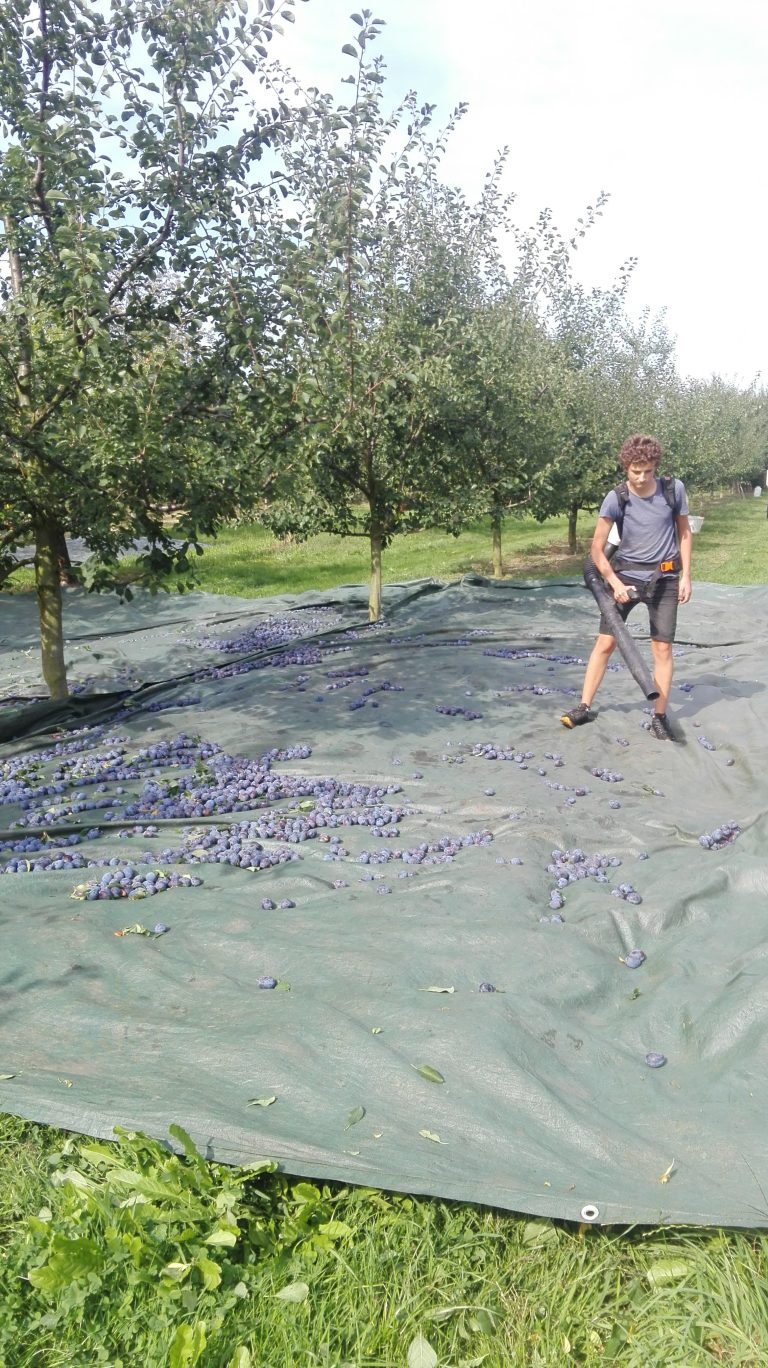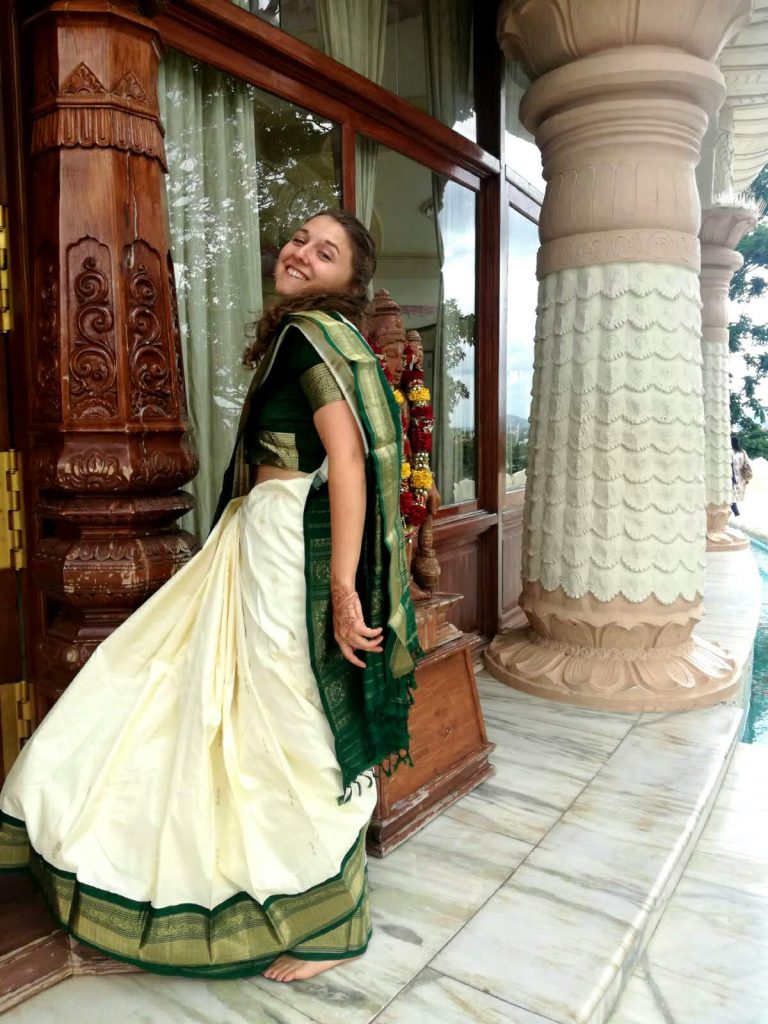Time for a holiday. When bad sleep and nightmares haunt, work becomes overwhelming, and productivity dwindles, it’s clear signs of an empty battery. I am grateful for the opportunity to recharge by taking some time off. Disconnecting was essential, and spending time in a tent was all that was needed. While my last explorations and holidays were all coombined with woofing, as much as I love the concept of combining travelling and discovering local farms, sometimes its just a break that is needed, some purposelessness that traveling alone fills. Another fundamental difference of this time’s travel was to share the journey with all its decisions, the highs and down, the memories. Greece seemed to be the perfect country, already a bit warmer in March and logistically good accessible.
Athens is a buzzing beautiful city with some beautiful green spots, hills, incredible good food, lots of bitter orange trees and a lot of tourists. My highlights were my morning runs observing the city waking up, a little dance on an empty rooftop bar, little rain walks when everybody else was hiding, listening to live music playing the Greek blues style outside the busy bar hanging with the dog outside, discovering this diversity of olives and fermented vegetables (like fermented eggplants, soo good!!) and sunsets on top of the hill.









After a week of remote work, it was time to leave the city. As great as discovering the city via morning runs, evening stralls and working from different coffee places is, it is still a city of 4 million people. This became obvious while bouldering in the place with probably the highest climber density/cm3 (not the climbing wall on the photo, did not take a photo unfortunately). For a disconnecting holiday and a planned hike, better to get out. Since mainland Greece was still quite chilly with a lingering rain front forecasted for the holiday week, we decided to abandon our plans for hiking on the Peloponnese peninsula and instead head to an island. The choice of Crete was somewhat spontaneous; but it was were the weather was supposed to be the best.
The next morning in Heraklion started with a coffee and a rather advanced Stoic test. After turning off the flight mode on my phone, I received WhatsApp messages containing photos of my car parked back home in Spain with its front window destroyed. The messages claimed to be from the police, but I found it odd that they contacted me via WhatsApp. Upon further inquiry, I discovered that they found a flyer of a friend in the car, who then provided them with my contact information. The police had taken my car to keep it safe. Fortunately, nothing was stolen from the car, despite it being filled with all sorts of sports equipment. Blessing in disguise I guess.
The first Cretean sheep yoghurt with honey and walnuts made up for this incident and switched the holiday mode straight on. While I was rather passive in the decision where to head first, I fully trusted my travel companion here. And it was a great decision to head south of the island. Passing by the immensively green olive orchards with white snow peaks in the back was like unlocking a new level in the colour pallete of life.
Some wild chamomile welcomed us to the sleepy coastal town of Matala, where hippies, including Joni Mitchell, used to hang out back in the day. There, we enjoyed our first chilly swim in the crystal-clear Mediterranean, admired a stunning cliff that hosted all sorts of birds and bats that emerged at night for hunts and songs, and listened to live music performed by two Italians in the only open venue at night. We also made lots of kitty friends who happily accepted our petting. Spending our first night in the tent couldn’t have been at a better spot.





The next morning revealed even more about how much this town was in full renovation mode in preparation for the tourist season. After completing some final work tasks in a coffee place to the sound of drilling, we caught a bus through more hills. Upon reaching the city to change buses, we found a great lunch of rye bread soaked in tomatoe, tzatziki, beans, and the obligatory Greek salad at a local taverna. From there, we continued to Galini, another sleepy coastal town in the south. In the amphitheater there, the cat that seemed to own it was kind enough to host us. To explore the area, I went for an incredible run. It offered mountain scenery, wild oregano and sage, happy goats and sheep, and an incredible diversity of flowers among the olive trees. The night under the full moon was a bit bright and windy but worth the experience anyways.












The next day turned into an unforeseen hiking day. We set our sights on Fourfournas, a town at the foot of the big white mountains. Without knowing if there was a proper path or what we would actually find there, we began our journey. After walking some kilometers next to the road, the Google paths seemed too tempting to resist. As so often happens, they quickly turned into overgrown wilderness. After some wrestling with thorns, which they clearly won, leaving us with some scratches, we eventually slowly approached our destination. Along the way, we encountered incredible scenery with gorges, eagles patrolling, a crazy number of butterflies, a wild dog following us, numerous goat fences (some of which needed to be climbed), wild cactus figs, and a perfect sleeping spot next to a river and old olive trees inviting us for some climbing.







Out of food and water, some civilisation was much needed. It happened to be the Greek independence day, so only some dry bread of an already empty bakery and a small post office turned into an emergency market provided us for our picknick. Looking at the mountain, starting to read summit posts, made a trial very appealing. For the next days attempt, we got a room in the only option in town, the windy place. Also this place was in full reparation and felt like sleeping in somebody’s guest room where all the old not wanted furniture ended up with full smell like fresh paint. Over some raki, the host and her dad offered some spinach tart, telling us some olive storeis and how the olive market is moving from the big olives to smaller ones which are much more difficult to harvest and have a lower quality.
Mount Ida. What an adventure, ascending close to 2000m. We made it very close to the peak before too much snow prevented us from going further. It’s the magic of mountains, when not only the wind rapidly changes the weather but also all sorts of emotions being revealed. While we traversed the snow cautiously at first, on the way down, trust in the slush won, and I slid down on the rain jacket. The views were stunning, with more snow-capped mountains in the background, the coast around the island and also the multitude of greenhouses that appeared. On the microscale, it was the old oaks, and all those beautiful flowers that specilised to live up in those harsh conditions that impressed me most.




Once we were back down the mountain, we soon realised that there were no buses in the area, and hitchhiking or hiking would be our only way out. We opted for a combination of both. Our first attempt at hitchhiking was a success; George picked us up and took us to the next town’s junction, where he needed to buy some chickens. He shared stories about working as a taxi driver during the summer and about his olive trees, and how the younger farmers loose their recipes. They pickle olives no more. He even invited us for coffee at the junction and stayed for some more talking.
From there, it was a bit more challenging. We waited in the hot sun for some time, but we were still very lucky because Harry eventually stopped for us. A 70-year-old Greek who had left the island at the age of 12 for Nebraska, he was now back to sell his family’s property. He was heading to the city of Rethimno (or Rethymna) with a brief stop at an elderly home to visit an old friend. It was a great hitchhike; we helped him with navigation while getting a direct ride to our dream destination – the sea.
Harry’s father’s home had been taken by the Nazis back then and used as a command center. I must admit, I knew very little about Crete’s role in World War II. It was a fascinating little history lesson, even though Harry pointed out my German accent and mentioned that he mostly watches the History Channel for information. He also pointed to the connection of Greek and Roman language that I had no idea of before.
The day in the city turned into a little retreat moment. We stayed at one of the many Venetian boutique hotels in a town that changed its occupation to be now occupied by tourists. In a way, there is now wider access to it – if you can afford it. It’s a town where mosques turned into churches and fortresses defended against changing invaders. The town mixes the Osman with the Greek and the Italian vibes. A nice town and a very comfortable bed with a great breakfast.




However, after the little luxury break, it was time to go back to the tent and hiking once more, starting from Kisamos. On the way, we came across hidden heaps of garbage on the hills outside of the tourist town and found endless tomato greenhouses on the western edge of Crete. Also, that day turned into a full hiking day after a small swimming interruption in a wavy sea. From there, the nice trail started. We came across sheep and goats that easily walked the slab without any hesitation and some great cliff views on turquoise water canyons. After reaching our destination just in time for a stunning sunset and a great picnic dinner, luckily, we were kicked out from the beach to bump into a nightsky photographer that saved us by sharing his water and some very helpful tips on where to camp.







The hike back to Kisamos was great with an incredible swim and some boulder challenges in the water. Back in Chania, tired of tourists there, we hid in this beautiful little coffee/restaurant for hours, enjoying the last Cretan dinner before catching the ferry back to Athens.


My Crete compact conclusions
I’ve never seen olive trees as healthy as those in Crete. In many Mediterranean olive groves, the soil is kept bare, whether herbs or grass could grow, either through the use of herbicides or through plowing. Crete shows what so many research articles find: that trees are healthier when their soil is covered and left unworked. Additionally, so many olive trees were combined with cherry and orange trees in between. It’s this diversity that we should strive for. Not perfectly mowed grass or “tidied up” gardens, but seas of flowers that can be home to so many organisms. I still can’t get over some of the beautiful landscapes and am so grateful to have seen this beauty. It seems that the high quality of food is reflected in how the landscape, animals, and trees are cared for. Greek food is far from the Greek food I grew up with in Germany, where heaps of meat are served. In Greece, you can easily and very happily survive as a vegetarian (sometimes with a focus on the appetisers).
Since it was my first time in Greece, and I had only been to neighbouring Turkey and Bulgaria before, Greece felt a bit like a European Turkey-Light version. Besides many similarities on the plates, the importance of tourism was also evident in Greece. Sometimes a bit overwhelming, and that was just the off-season. I’m not sure if I wanted to travel there in the high season. The archaeological sites in Greece seem to be better preserved, although sometimes they felt like amusement parks. The traffic on Turkish roads seems a bit more relaxed to me than on Greek ones, and for that reason alone, I would recommend traveling by bus in Crete. The decelerating effect is also due to the few buses (at least in the south of the island) that set the daily rhythm. The very relaxed pace of the Cretans further contributes to the island’s slow down effect.
Thank you, Crete, for the encounters with your magnificent creatures 🙂
As a final conclusion, it remains to be said: The best vacations still seem to be the ones that are not planned.



